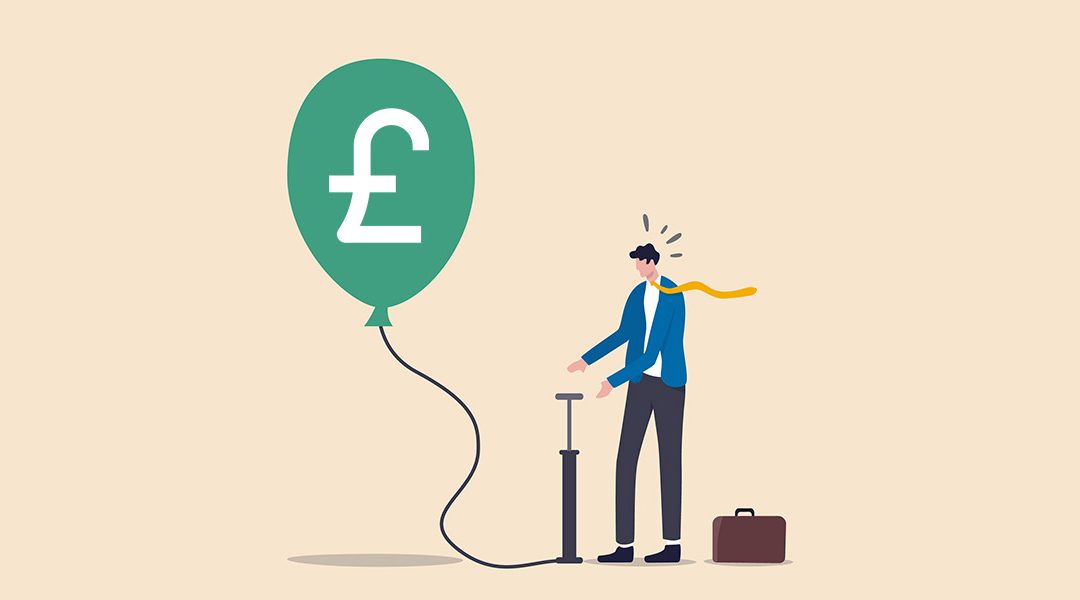Inflation is at its highest level in almost 10 years, expected to reach a peak of 8% this month, and it’s hitting UK businesses hard. Whilst larger organisations are robust enough to withstand the cost increases, it’s harder for smaller businesses to weather the storm and they’re not always able to pass on price rises to customers.
Businesses are vulnerable to recent unprecedented rising costs from raw materials and transport to wages and higher taxes, it’s causing quite a headache to many and may slow down their recovery from the pandemic. The impact of higher costs coupled with delivery delays can lead to missed contracts, stretched cash flow and supply chain issues.
Can I protect my business from inflationary impacts?
The most valuable weapon in your armoury is to be prepared. Scenario modelling evaluates how your business can mitigate the risks and capitalise on the opportunities of various future events.
Scenario modelling examines all feasible outcomes and tests the business’ decisions before an event happens. Scenarios can cover economic, environmental or market changes, showing the effect on revenue and cash flow in order to prepare for difficult situations that might occur.
Measures to prepare for higher costs
It is impossible to protect a business 100% from cost increases but there are measures you can take to prepare your business from price hikes, such as:
- Review pricing – it’s not always possible to pass the higher costs on to customers but consider selling alternative products or packaging services differently to create a higher profit margin. Or by reducing the price of your bestselling product, more customers may be drawn in to buy other items.
- Buy in bulk – to avoid being at the mercy of supplier delays, try to buy in larger quantities. This also provides the opportunity to negotiate a more competitive price on your goods. This strategy requires a healthy cash flow in order to adapt quickly to rising prices.
- Customer retention – looking after existing customers involves far less cost than attracting new ones, so reward your loyal customer base to ensure you’re their favourite supplier and they don’t look elsewhere for your products or services.
- Minimise expenses – analyse your productivity and systems to make sure your costs are as low as possible. Streamline processes for maximum efficiency and cost saving, plus keep an eye on your cash flow.
In a fog trying to work out how to manage your business through the storm of high inflation, energy prices and supplier costs? CRM has years of experience guiding businesses through challenging times, helping them to know their numbers in a friendly, approachable way. Call the team on 01865 379272.

